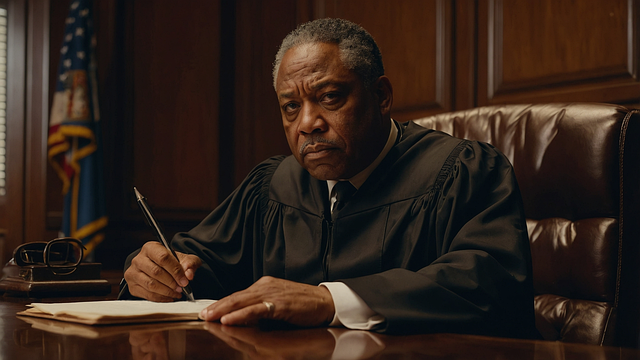Survivors of Agape boarding school abuse are speaking out and seeking justice with help from experienced Agape Boarding School Lawyers. These legal professionals guide victims through complex laws, protect their rights, and offer strategic advice for physical, emotional, and sexual misconduct cases. Survivors may be eligible for compensation to aid their healing journey.
“Survivors of Agape boarding school abuse often face complex paths to justice. This comprehensive guide offers trusted insights for those navigating the legal system. We explore key aspects, including understanding the unique dynamics of Agape boarding school lawsuits, and the crucial role an experienced Agape Boarding School Lawyer plays in securing justice and healing. By delving into legal options, this resource empowers survivors to take control of their futures.”
- Understanding Agape Boarding School Lawsuits
- Navigating Legal Paths for Survivors
- Securing Justice and Healing Through Legal Representation
Understanding Agape Boarding School Lawsuits

Many survivors of Agape Boarding Schools are now coming forward with stories of abuse, seeking justice and closure. Understanding the legal landscape surrounding these institutions is crucial for those considering legal action against former operators. An Agape Boarding School lawyer can provide invaluable guidance, helping survivors navigate complex laws and regulations.
These lawsuits often involve allegations of physical, emotional, and sexual abuse, as well as violations of human rights. Survivors may be eligible to seek compensation for their suffering, which can aid in healing and rebuilding lives. An experienced Agape Boarding School lawyer will have a deep understanding of the unique challenges faced by these cases and can offer strategic advice on how best to proceed.
Navigating Legal Paths for Survivors

Navigating legal paths after experiencing abuse at an Agape boarding school can be a daunting task for survivors, but it’s crucial to understand their rights and available options. Many victims may feel intimidated by the legal system, especially if they’ve been cut off from external support networks. Engaging an experienced Agape boarding school lawyer is a vital step towards justice and healing. These legal professionals are equipped to guide survivors through complex legal processes, ensuring their voices are heard and their rights protected.
Agape boarding school lawyers can help interpret the law and explain various legal avenues, including civil lawsuits for negligence or intentional harm. They can also assist with criminal charges, if applicable, and support survivors in seeking compensation for their suffering. By providing tailored guidance, these lawyers empower abuse survivors to take control of their healing journey, enabling them to move forward with confidence and security.
Securing Justice and Healing Through Legal Representation

For many survivors of Agape boarding school abuse, securing justice and healing is a critical step in their journey. Legal representation from an experienced Agape Boarding School Lawyer can play a pivotal role in this process. These specialists are equipped to navigate complex legal systems, ensuring that victims’ rights are protected and that they receive the support they need to pursue justice.
Through legal action, survivors can hold accountable those responsible for their mistreatment. This may involve civil lawsuits for negligence or criminal charges if the actions rise to that level. A skilled Agape Boarding School Lawyer will guide clients through every step, explaining options, gathering evidence, and advocating for their interests. Moreover, they provide a safe space for survivors to share their stories and begin the process of healing from the trauma they endured.
Survivors of Agape boarding school abuse have a right to justice and healing. By understanding their legal options, such as pursuing an Agape boarding school lawyer, former students can navigate the complex legal paths toward securing compensation and finding solace. This process is crucial for not only holding institutions accountable but also for fostering a sense of closure and empowerment within the survivor community.
